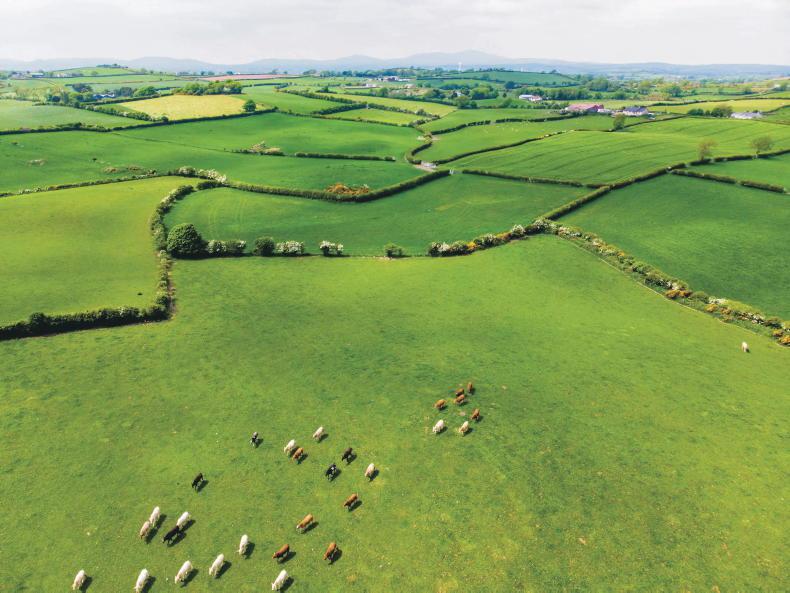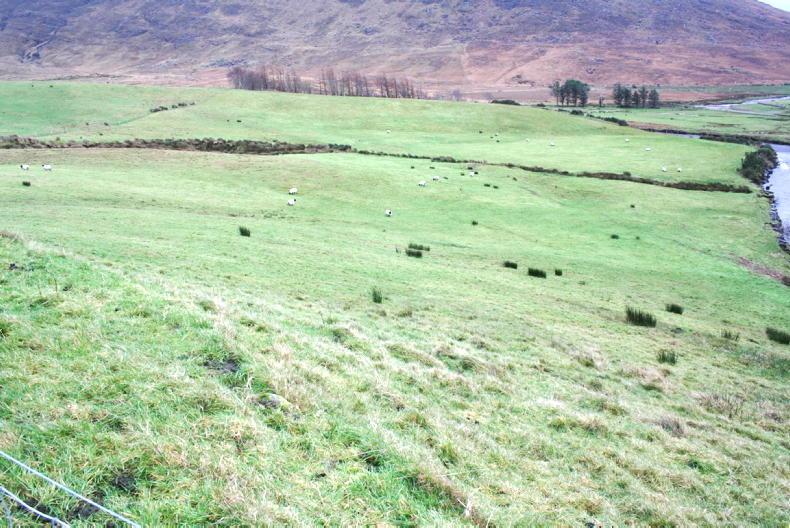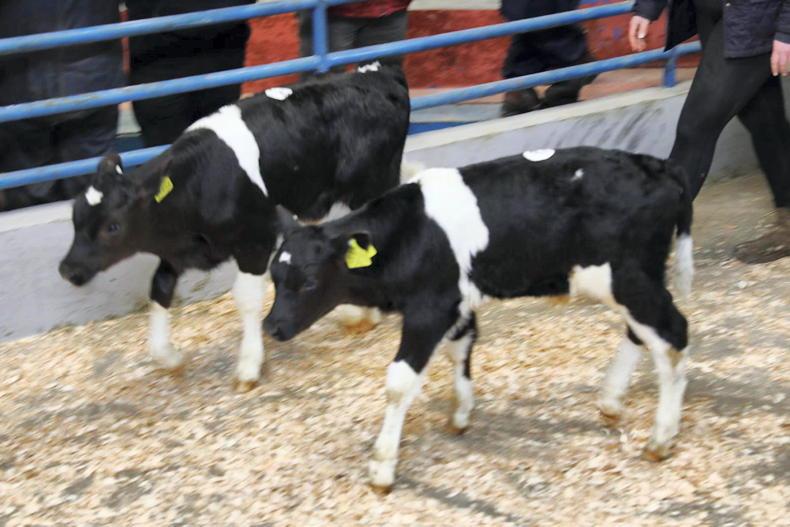Farmers are facing a 21% to 30% cut in carbon emissions by 2030 under plans which are being finalised by the Government.
The emissions reduction targets for farming were agreed by the Minister for Agriculture Charlie McConalogue and Minister for Environment Eamon Ryan but have still to be given the green light by Cabinet.
Since the climate act requires a 51% reduction in national emissions by 2030, the target for the farming sector is well below other sectors.
Minister McConalogue has insisted recently that any emissions reduction requirements for farming can be delivered while maintaining a stable national herd
The energy sector is facing an emissions reduction target in the range of 70% to 80% over the next eight years, while transport and home heating has to deliver a 50% to 55% cut.
The potential impact on agriculture will still be significant, despite the lower target.
Current modelling indicates that to achieve a 30% reduction in emissions could potentially require a significant reduction in cattle numbers over the next 10 years.
However, Minister McConalogue has insisted recently that any emissions reduction requirements for farming can be delivered while maintaining a stable national herd.
Carbon emissions from agriculture for the baseline year of 2018 were 23m tonnes. A 21% reduction from this figure requires a cut of 4.7m tonnes, while emissions will have to fall by close to 7m tonnes to achieve a 30% clawback.
Prof O’Mara admitted that a significant gap in terms of carbon emissions remained to be bridged
Teagasc director Professor Frank O’Mara estimates that measures outlined in the State agency’s MACC curve could reduce emissions by up to 2m tonnes by 2030, if all the actions are employed, with a further 1.5m tonnes in cuts potentially coming on stream from research areas such as feed additives and new fertilisers.
However, Prof O’Mara admitted that a significant gap in terms of carbon emissions remained to be bridged and this represented “a real big job for research”.
Speculation around the emissions reduction targets for agriculture come ahead of the expected announcement from the Climate Change Advisory Council (CCAC) of national carbon budgets for the periods 2021-2025 and 2026-2030.
The CCAC figures are due next week, with the sectoral emissions targets for transport, agriculture and energy expected to be confirmed in the first week of November.










SHARING OPTIONS